I know I need to start with a document describing the game and prototype it before the "real" development. But I want to keep things as simple as possible, for two main reasons: 1) The objective here is to learn how to use Unity; 2) To release my first game.
Some people can deal with their perfectionism, but I'm not one of them. If I don't have any pressure or deadlines, the chances are that I never deliver what needs to, because I keep polishing it until I'm satisfied with the final result. And that never happens, my friend.
I've built part of my career in planning. Now I won't use my time in anything but doing and sharing. So, I've started writing (well, that's the first requirement when you want to release a written story) the story I want to tell you. I opened the MS Word and wrote the first third of the story.
You can imagine that a text-adventure game would have multiple paths, allowing players to make decisions and choose their adventure. But now, even thinking about those paths, I'm focusing on writing the main story.
Even creating moments where the player must choose what to do, right now, I'll work on the development of those paths only after the main story is complete. For helping me to create those alternative paths, without losing track of what I already made, I'm building a mindmap using Mindmeister, an online tool.
So, to keep things short: The objective is learning gaming development, not game planning. So, I've started to develop, not to plan. Didn't open Unity yet, but already used MS Word to write the story I want to transform in a game, and Mindmeister to keep track of it.
That's working for me. If you want to keep things simple, I suggest you do the same. Maybe someday you'll need to follow all the steps to create a game (luckily, that will happen because you started to work on the game industry). But, if ever wanted to create a game and never did it, follow my advice: keep the development as simple and as short as possible.
Thank you for being here with me.
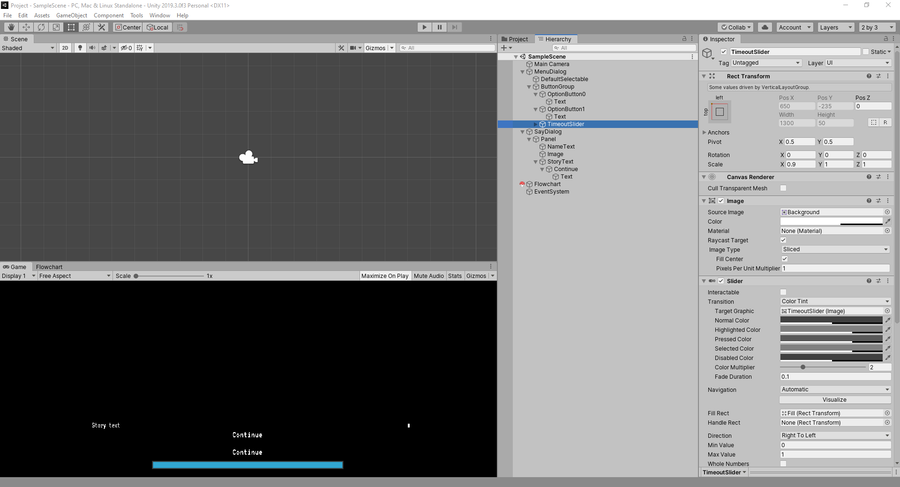
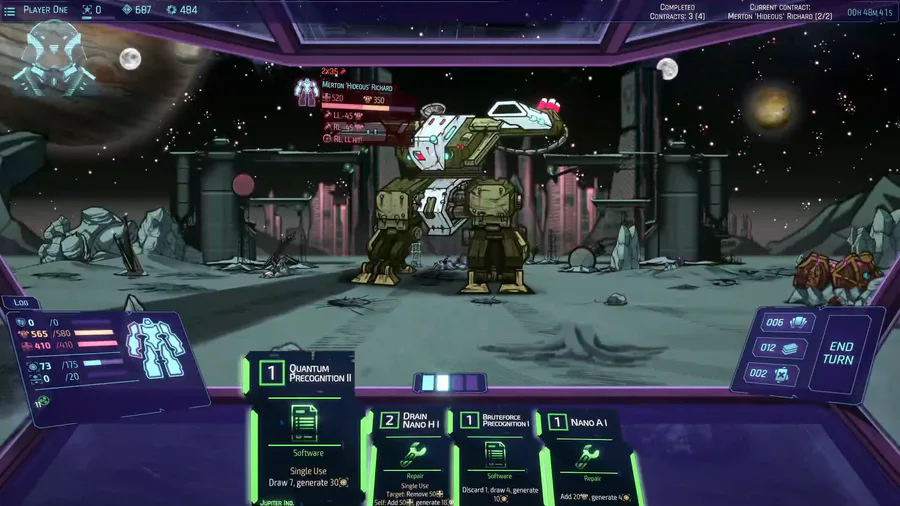
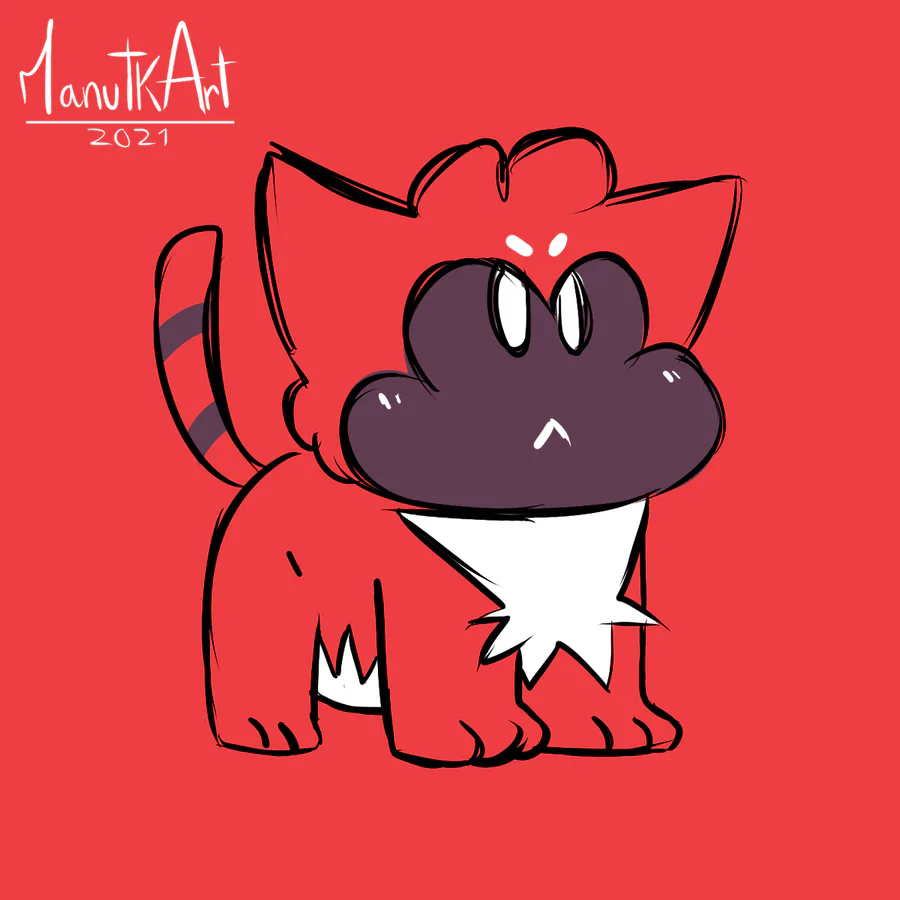
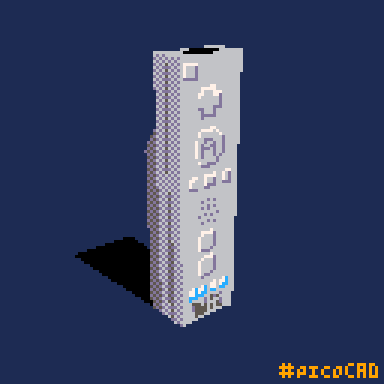
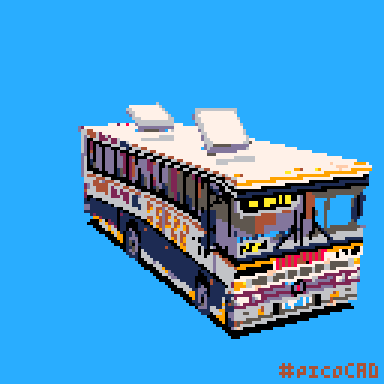
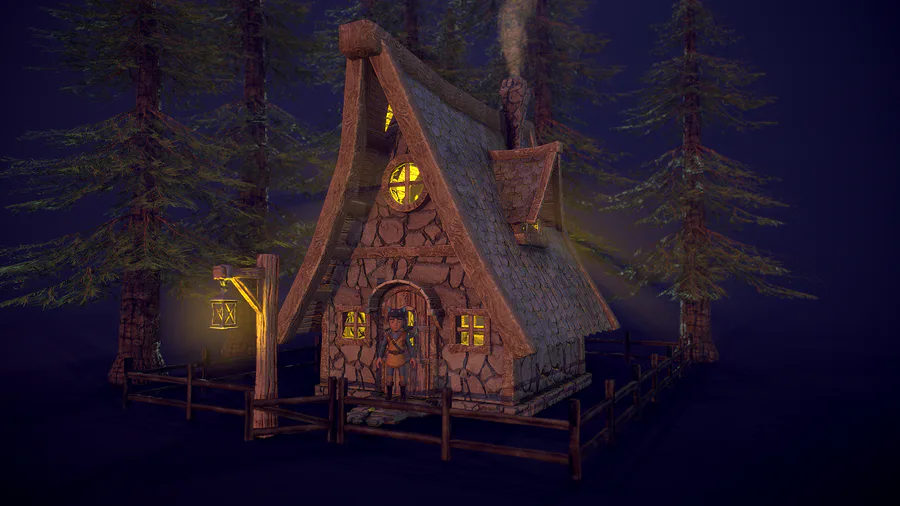

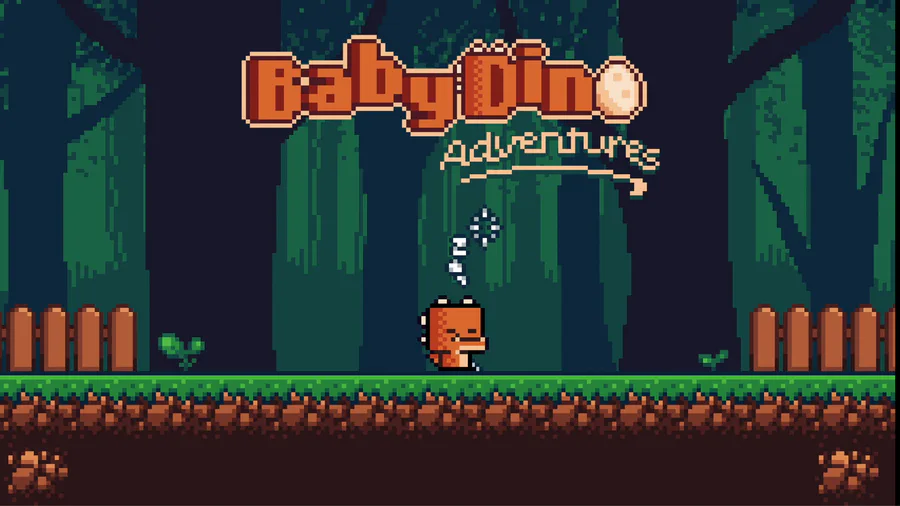
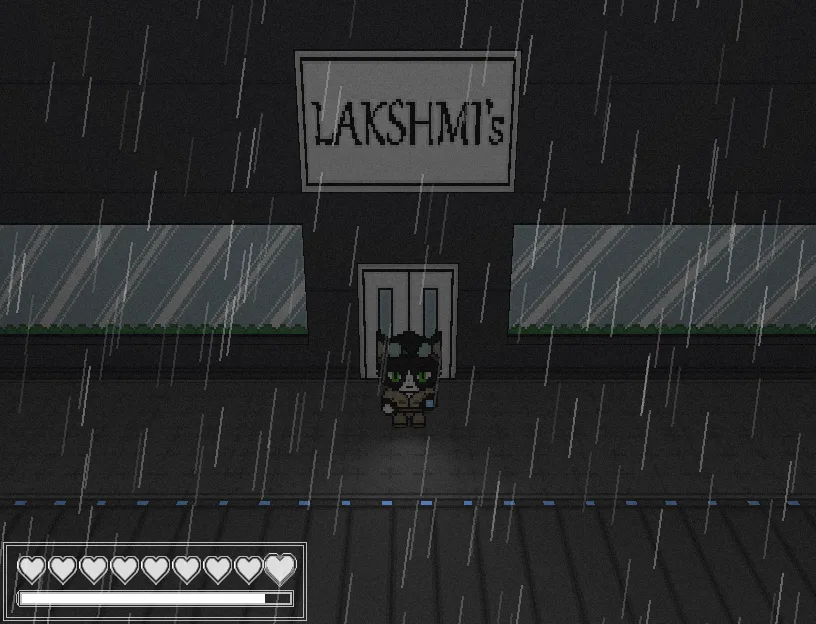
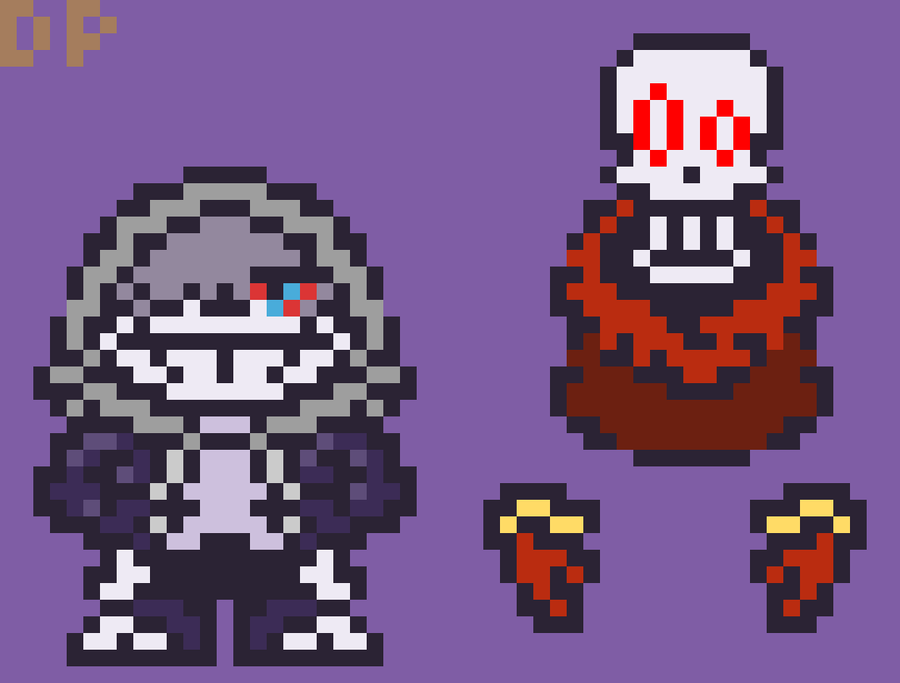
0 comments